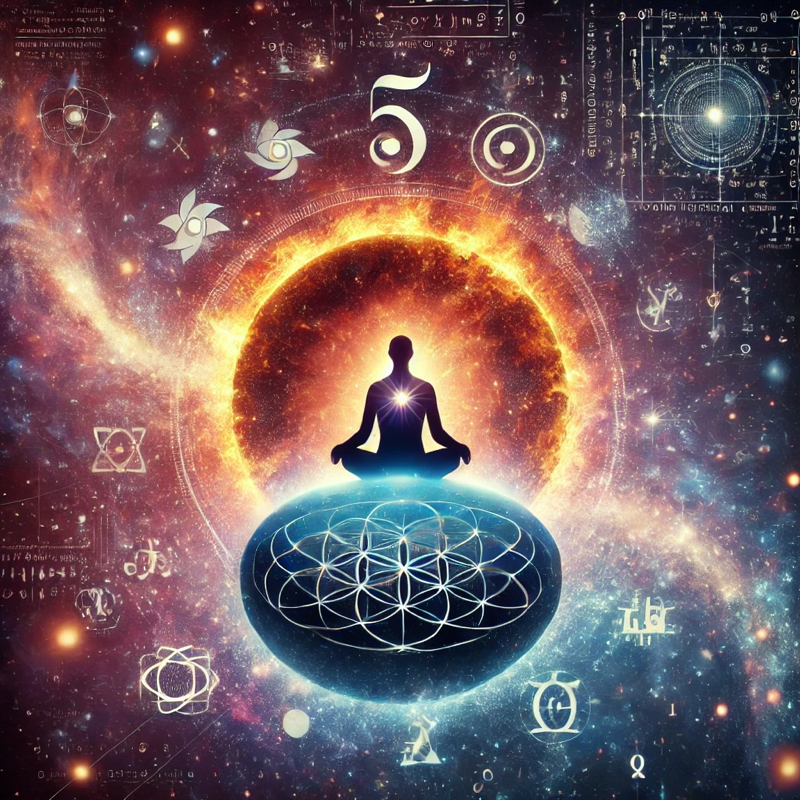Questions

Why is there something vs nothing?
In other words, why is there a universe versus nothing at all? Is this a meaningless question because clearly I exist, and presumably, you as the reader exist too? How is nothing defined? The empty set is not nothing. Is this even a well-constructed question?
Why is their consciousness vs non-consciousness?
The biological consensus is that consciousness was evolved through natural selection. In a theological context, consciousness is tied to free will and a soul. How is consciousness related to free will? Do we have free will? Is the human brain a Turing machine?
What is an observer, and does an observer require consciousness?
Does a wavefunction collapse if there are no conscious entities in the universe to observe it? What does the universe look like if there were no conscious entities in it?
What is the right model for the universe: mathematical, computational, multi-verse of all possible configurations?
As a computer scientist, I like the computational analogy, but history shows that great thinkers use the latest technology as a descriptive analog for the universe e.g. during the Renaissance where clocks were the cool new technology, many leading thinkers compared to the universe to clockwork. Is the underlying nature of the universe beyond a Turing machine or beyond human comprehension?
What is nature of God (or the first mover)?
Is it anthropocentric or egocentric to think that God considers humans, individuals, or dare I say me or you? If God is a personal God, what is the best way to communicate with God? Are different religious traditions just different symbol sets to interpret the same concept? Which is the most useful symbol set?
